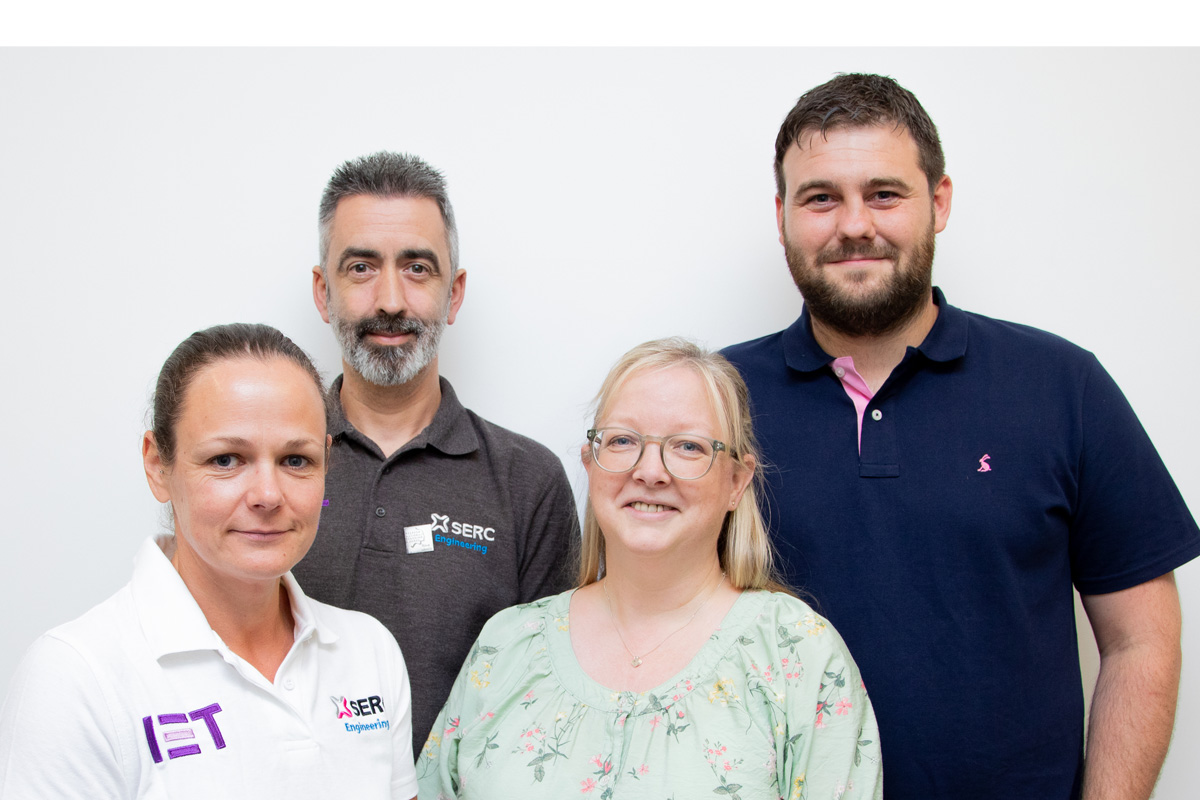£65bnUK AI strategy at stake as new research reveals employees fail to recognise risks of biased algorithms (@alteryx)
42% of employees say data ethics is irrelevant to training, despite mounting concerns over biased algorithms causing unfair decision making practices
Alteryx, Inc. (, the analytics automation company, today reveals a new risk to the technology sector – leaving the UK Government’s £65bn AI strategy at risk.
New research shows that almost half of employees now believe that data ethics is “irrelevant” to their role. In the midst of failing training programmes, AI projects will continue to pose an ethical minefield for companies throughout the UK, with AI projects – and associated benefits – falling at the first hurdle. Trustworthy AI is rooted in quality information, but with untrained employees delivering dirty data, inconsistent, biased and unusable AI is the end result.
New Alteryx–commissioned YouGov research surveyed 1,000 British workers in large companies with a responsibility for data. This new information shows that40% of organisations only offer formal training to data scientists and existing business analysts (29%), leaving the remainder working in an ethical chasm.
Core findings:
- 42% of employees in the UK who work with data do not believe data ethics is relevant to their role.
- Data training is only available to pre-existing experts such as data scientists (40%) and business analysts (29%). With so many workers excluded from data training, the UK is primed for an ethics disaster.
- Workers now gravitate towards informal mentoring (29%) and informal user groups (20%), increasing the risks of inconsistent ethics frameworks leading to biases.
- More than a third (39%) of UK business leaders believe solving this challenge is someone else’s problem, indicating these problems will endure for some time yet.
AI strategy at risk from Dirty Data
With no training available, and core lessons around ethics dismissed, employees are increasingly operating in the dark – further overloading at-capacity data science teams. Of those ranking their data skills as 10/10 – our data scientists - 33% still spend, on average, at least 9 hours a week on basic data cleansing, blending, and shaping. 7% spend at least 30 hours on the same tasks. It is clear that the highest skilled workers spend a disproportionate amount of their time each week on tasks that can be completed by workers with less advanced skillsets, and are stuck in a continuous loop of day-to-day activity. With such a huge skills gap, the efforts of highly trained data scientists are being wasted.
Furthermore, 57% of these data scientists say their business is “not making the full use of the data” it has and 61% say that employees are “lacking the data literacy skills needed to meet today’s business challenges”.
Highlighting the strong appetite and need for data skills to drive their careers forward, however,64% of those employees say that data training should be expanded to all data workers.
“With data scientists remaining wizards in an ivory tower, a much-needed digital-first cultural shift has dramatically stalled,” comments Alan Jacobson, Chief Data and Analytic Officer at Alteryx. “What we now see is an AI conundrum with no end in sight. While data is increasingly the common language of business, few receive the training to deliver any benefit from it, with the remainder relegated to working in the dark. Even with recent Budget news that the number of Data Science conversion courses are set to double, the value of this training is questionable without a core ethics foundation present across the workforce.
“Despite bold plans in the form of the £65bn National AI Project in the balance, the lack of foundational data skills remains a significant stumbling block, with key lessons left unlearned. If left unaddressed, unintentional data biases can lead to perpetuated discriminatory practices, as well as inaccurate, incorrect, and inconsistent AI models.”
Lacking data cultures: the bias behind informal training practices
With little formal training available, UK employees are turning to informal word–of–mouth education, risking an unintentional continuation of critical bias, and exacerbating existing challenges. 29% of employees say they pursue “informal mentoring” through colleagues, and 20% utilise “informal user groups”.
Posing a further risk to UK businesses, 45% of employees say a core motivation to upskilling is the ability to find a better role when they begin look for another job. 25% of respondees in manufacturing say they are willing to spend at least 6 hours a week upskilling, along with to 24% of those in IT, and 19% in R&D.
“Many business leaders believe that transformation and AI projects are exclusively about the technology, but any technology is only ever a tool to deliver human ingenuity,” comments Richard Timperlake, Senior Vice President, EMEA, at Alteryx. “The lack of consistent training, and subsequent lack of standardised knowledge is a core challenge for the UK’s future technology projects – particularly new AI strategies.
“Data work is taking place regardless of whether training is available. The challenge is the quality of data generated across this skills spectrum. Instead of spending their time on advanced AI projects or value-driving work, data scientists are having their time sapped by basic data tasks that could – and should – be completed by other workers. With so many employees looking to upskill as a means to leave their current role, it’s imperative that business leaders minimise the challenges that are being faced by delivering a core foundation of data skills and removing pressure from data and technology teams.”












Responses